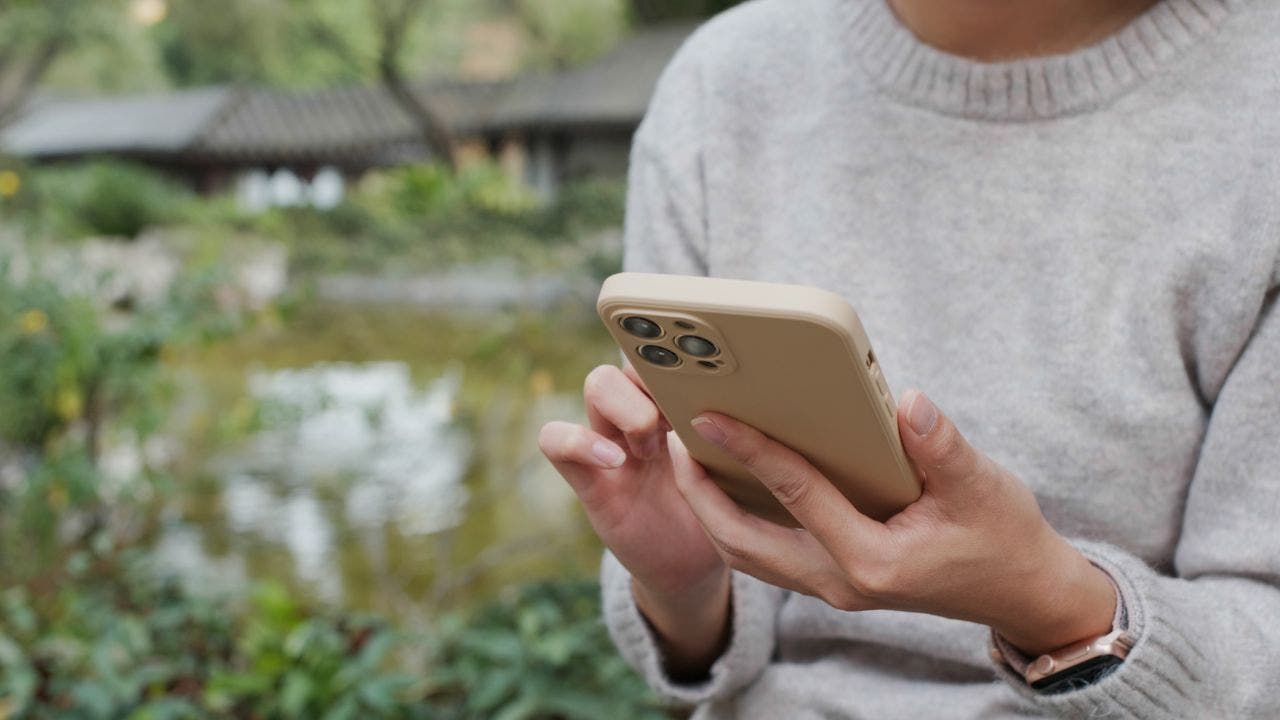Are You Aware of How Apps Handle Your Data?
It may seem harmless to download an app and enjoy its useful features on your phone, but you should be aware that it could put your privacy at risk. Many apps collect and sell your personal information to third parties without your consent or knowledge—a concerning practice that Gabe from Orlando, Florida, is particularly worried about. Gabe wants to know how to identify and protect against apps that harvest and sell personal information.
Considering the growing prevalence of invasive data practices, Gabe’s question is valid. Some apps may use your information to enhance their services, provide personalized features, or comply with legal obligations. However, other apps may have the intention of selling your private information to advertisers for monetary gain. This invasion of privacy is something I, for one, am not comfortable with.
So, how can you safeguard your personal information?
Check the App Permissions
When you download an app, you’ll often encounter pop-up prompts asking for permission to access certain features on your phone, like your location, photos, or microphone. While some apps genuinely require these permissions to function correctly (for example, the Uber app needs location access for drivers to find you), others don’t need access to every aspect of your personal information.
You should only grant permissions that are necessary for the app to function properly and that you feel comfortable with. Additionally, periodically review the permissions and revoke any that are no longer needed or trusted.
Read the Privacy Policy
Every app comes with a lengthy privacy policy, which most people tend to skip because it seems like gibberish. However, it’s crucial to take the extra time to read it. The privacy policy outlines the app’s terms and conditions, which affect how your information is used.
If an app does not have a privacy policy, it’s best to avoid downloading it. You want an app that is transparent about the information it collects from you and how it will be utilized.
Be Selective About Downloads
Exercise caution when choosing which apps to download. Ask yourself if the app is genuinely necessary and will be frequently used. Only download apps from legitimate sources such as the Apple Store or Google Play Store. Before downloading or using an app, conduct some research on its reputation, ratings, reviews, and data practices.
Avoid third-party or unknown sources, as these apps often share your information or contain malware.
Limit Your Exposure
Delete any unused or suspicious apps. Also, minimize the information you share with apps, such as your name, email, phone number, and social media accounts.
Create Alias Email Addresses
Consider creating an email alias when signing up for new apps to protect your personal email from spam, phishing, or unwanted messages. An email alias is an alternative name or address that allows you to send and receive emails without revealing your actual email account. It helps keep your inbox organized, secure, and easily manageable. You can delete or change an alias if it becomes compromised or is no longer needed.
Update Settings and Software
Regularly update your device’s settings and software to ensure they are secure and up-to-date. Review your app settings and permissions periodically, adjusting them according to your preferences and needs. Disable any features or options that are unnecessary or intrusive, such as location services and notifications.
Consider Using a VPN
Using a VPN (Virtual Private Network) can protect you from prying eyes that might be tracking and identifying your location when you visit websites. Many websites can read your IP address and display the city from which you are corresponding. By using a VPN, you can disguise your IP address and show an alternate location.
Strong Passwords
Avoid using the same password across multiple platforms, as it increases your vulnerability. Utilize a password manager to keep track of all your passwords securely. Relying on a single password can expose you if it gets stolen.
Implement 2-Factor Authentication
Adding an extra layer of security through 2-factor authentication prevents hackers from gaining access to your accounts.
Install Antivirus Software
Having antivirus software on all your devices ensures protection against potential malicious links that could install malware. This malware can grant hackers access to your personal information.
By following these steps, you can take control of your personal information and minimize the risk of it being sold or misused by apps. Your privacy is vital in today’s digital landscape. Let us know if you would willingly use an app even if it were selling your information. Contact us at Cyberguy.com/Contact. For more tech tips and security alerts, subscribe to my free CyberGuy Report Newsletter at Cyberguy.com/Newsletter.
Copyright 2023 CyberGuy.com. All rights reserved. Kurt “CyberGuy” Knutsson is an award-winning tech journalist who has a deep love for technology, gear, and gadgets that enhance our lives. He contributes to Fox News & FOX Business, starting mornings on “FOX & Friends.” Have a tech question? Get Kurt’s CyberGuy Newsletter and share your voice, story ideas, or comments at CyberGuy.com.
Denial of responsibility! VigourTimes is an automatic aggregator of Global media. In each content, the hyperlink to the primary source is specified. All trademarks belong to their rightful owners, and all materials to their authors. For any complaint, please reach us at – [email protected]. We will take necessary action within 24 hours.


